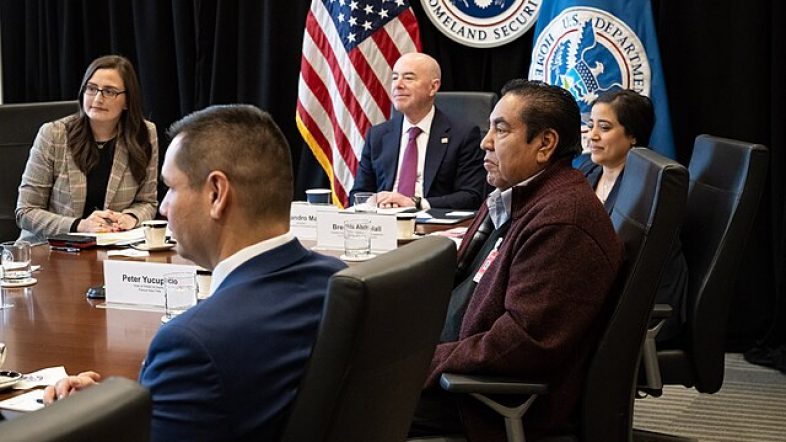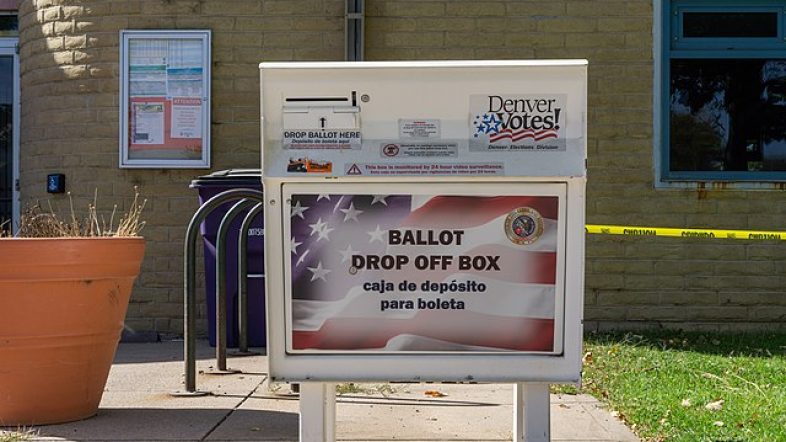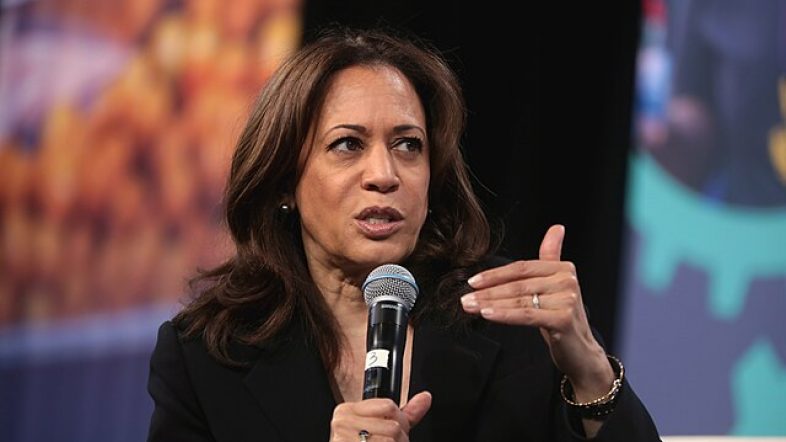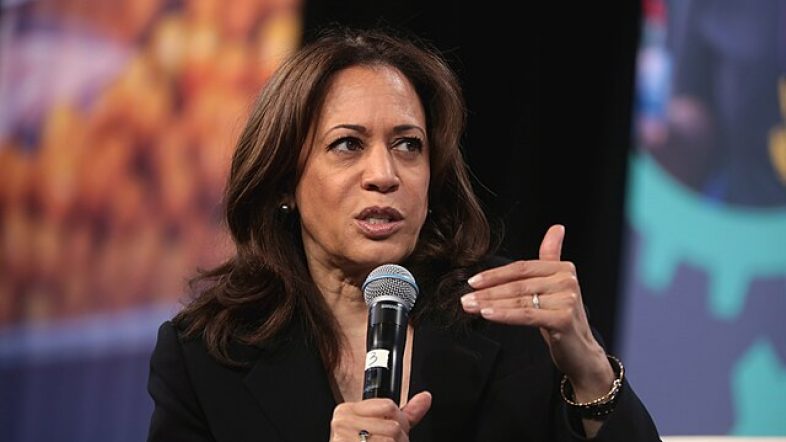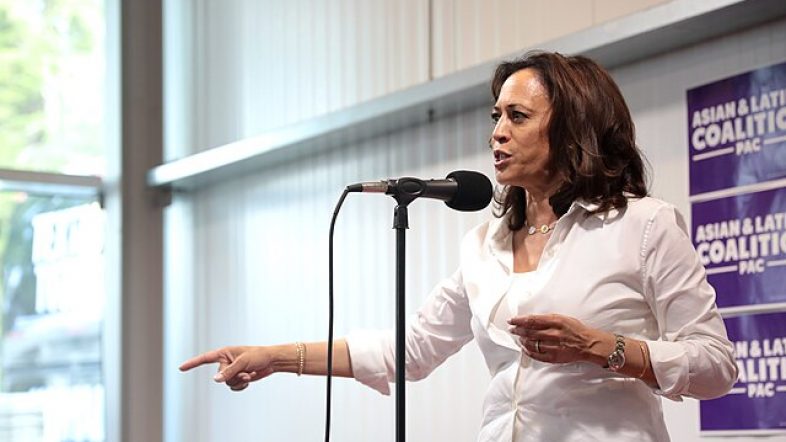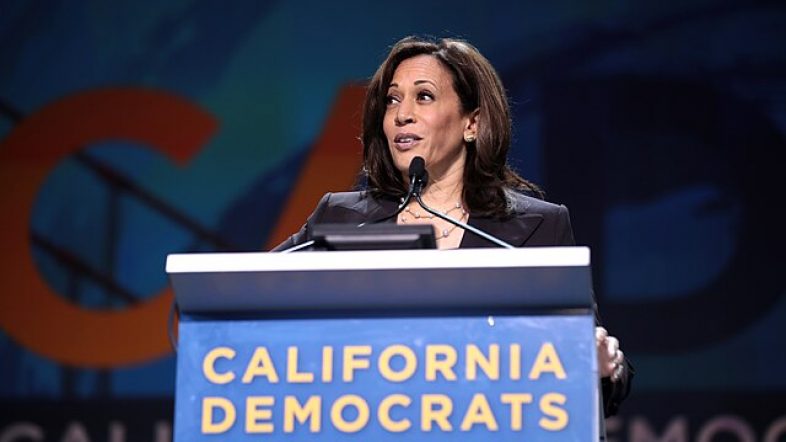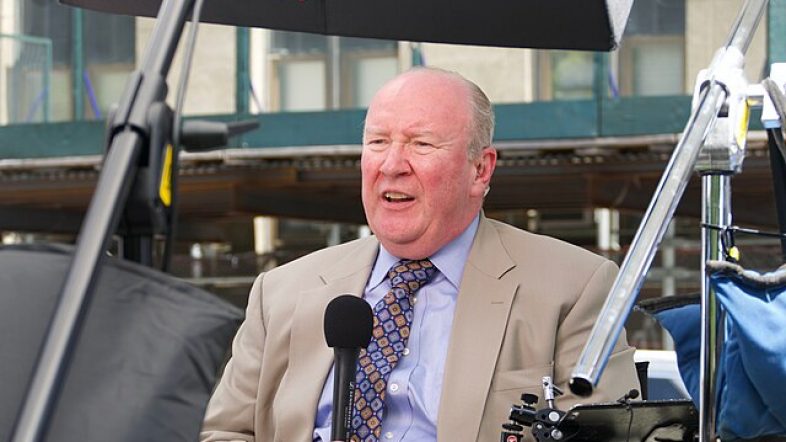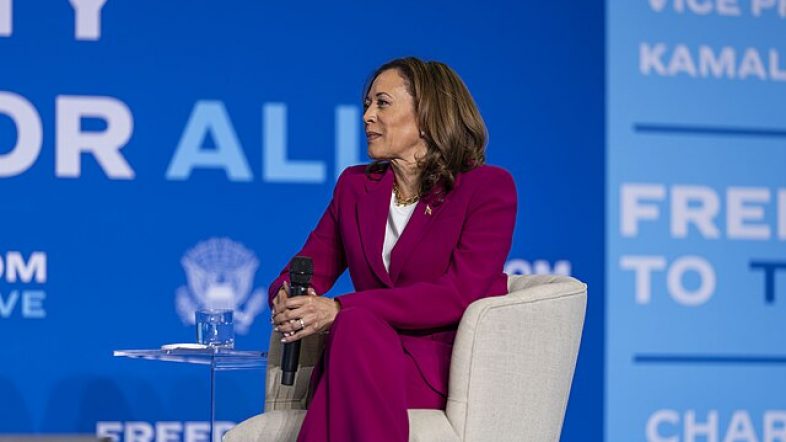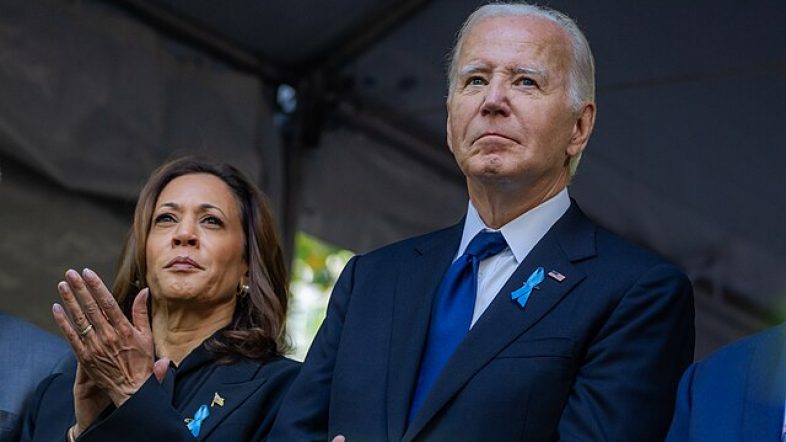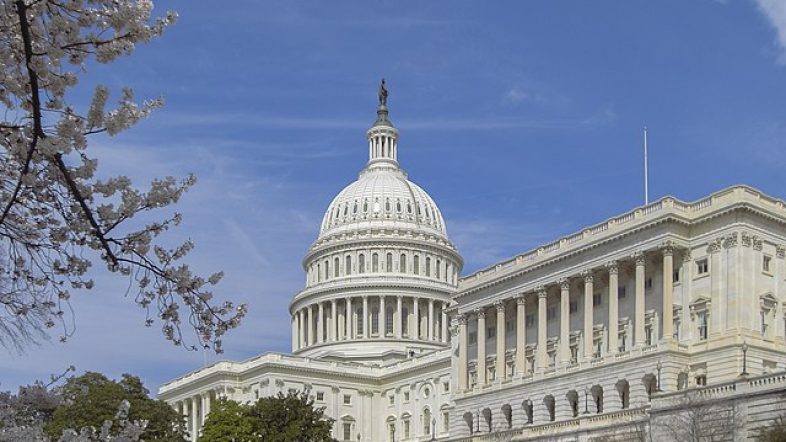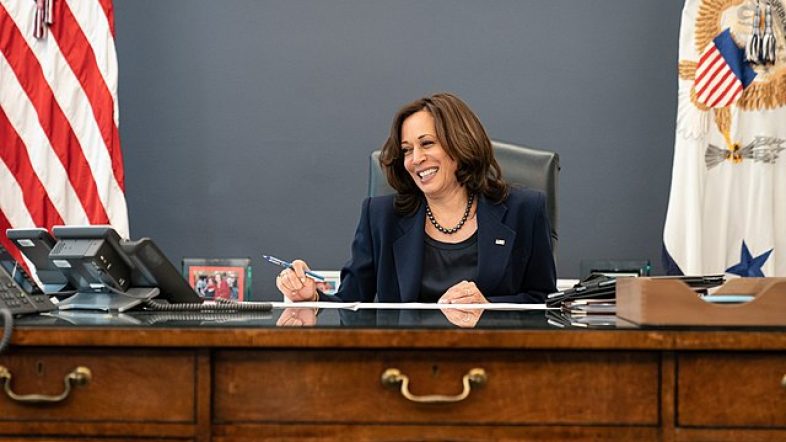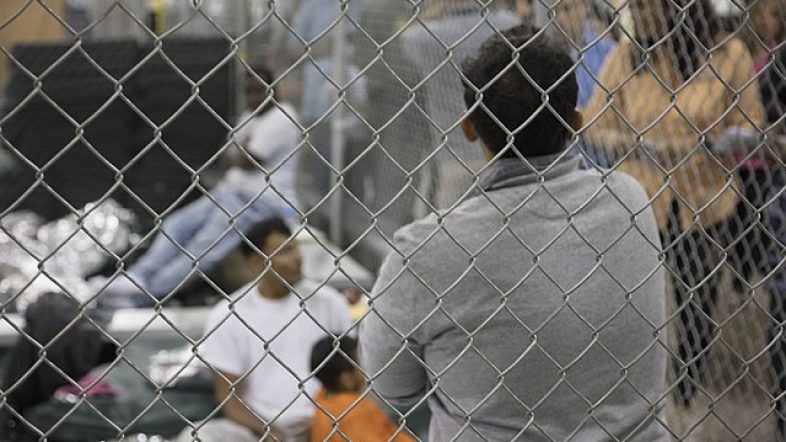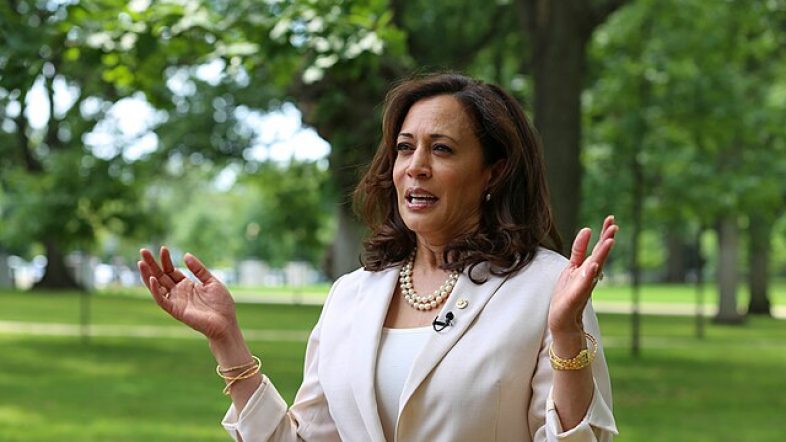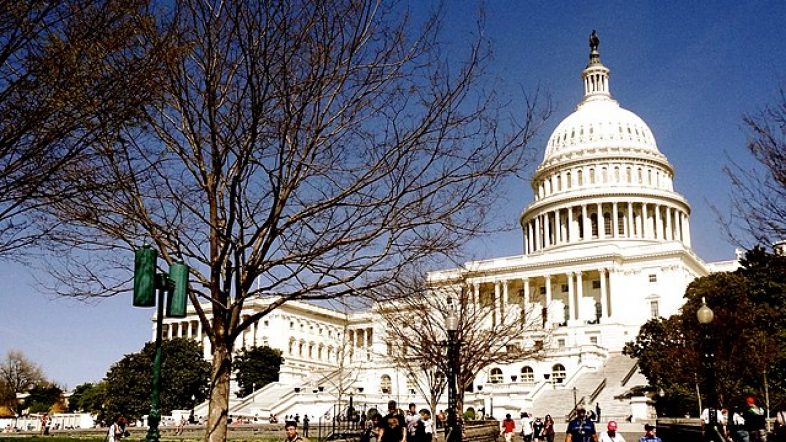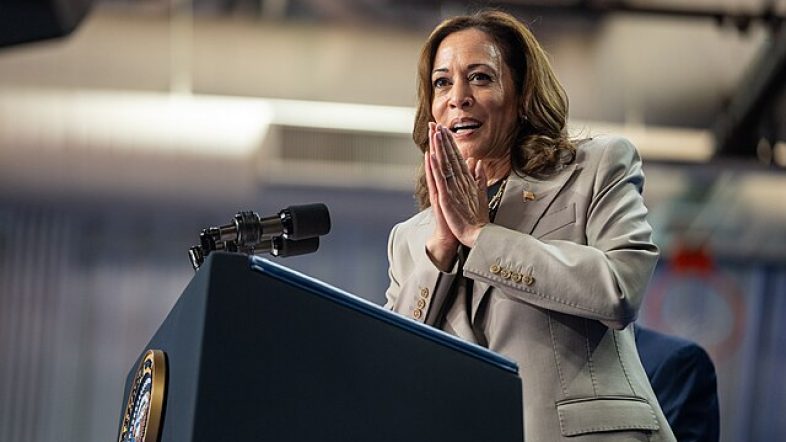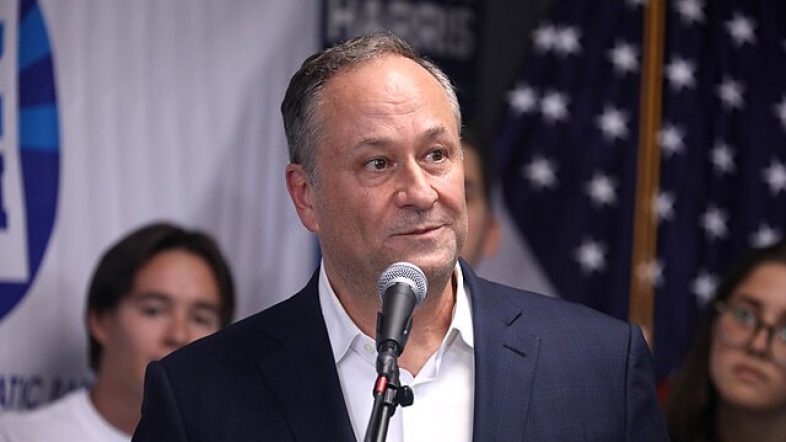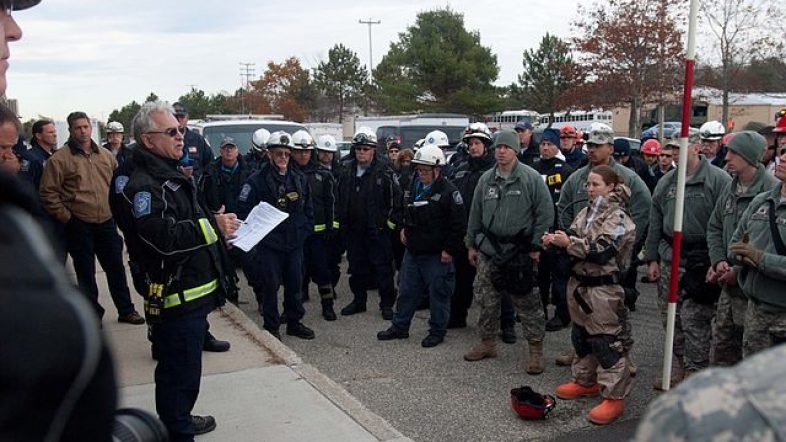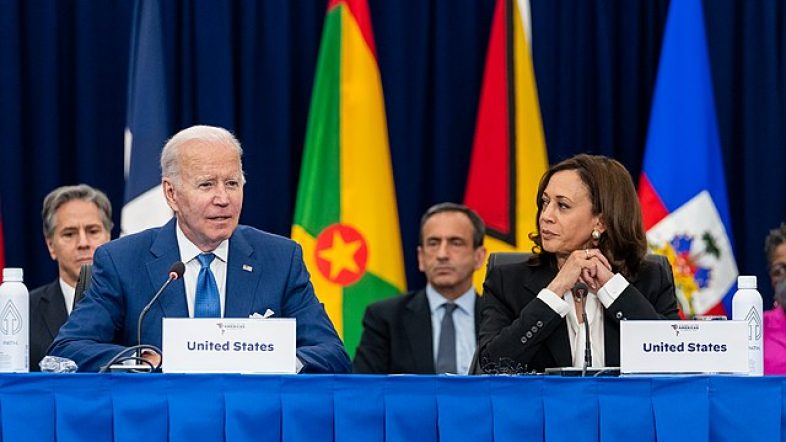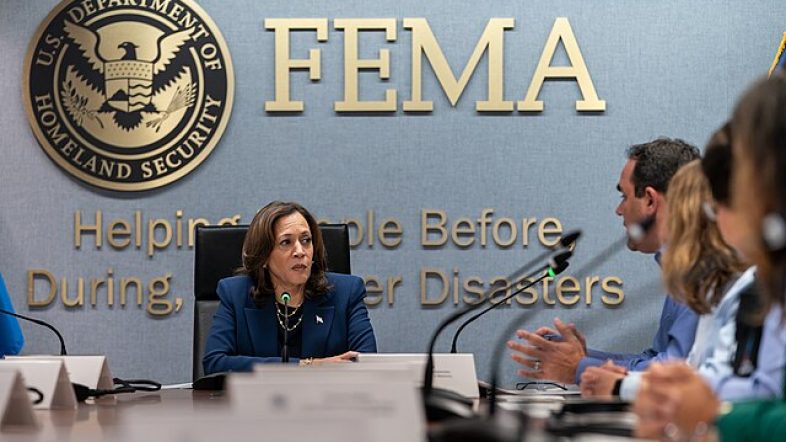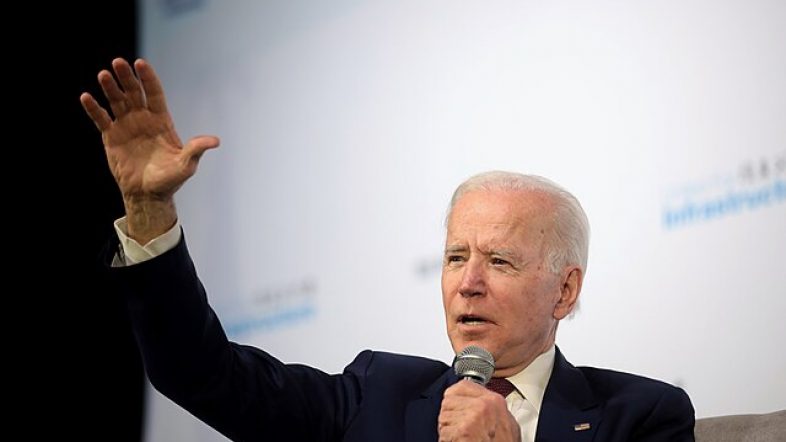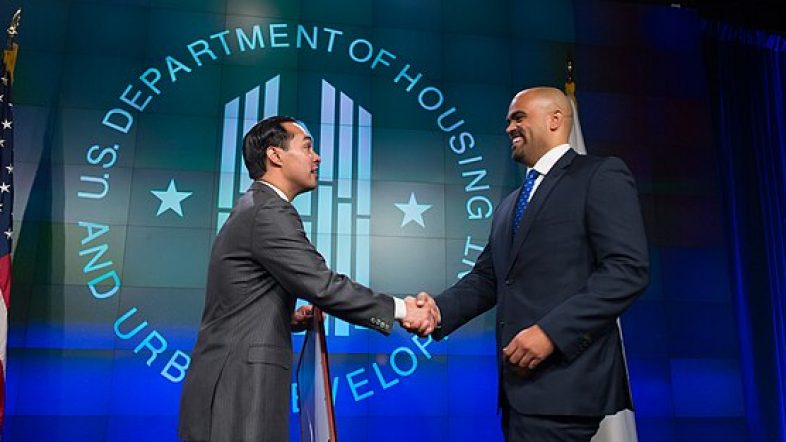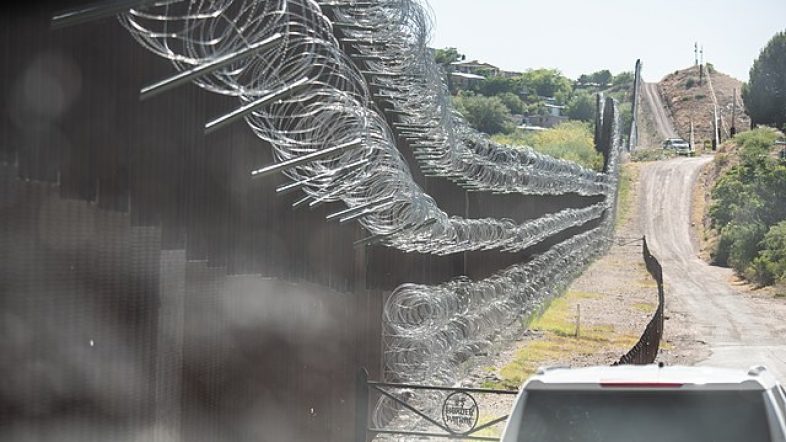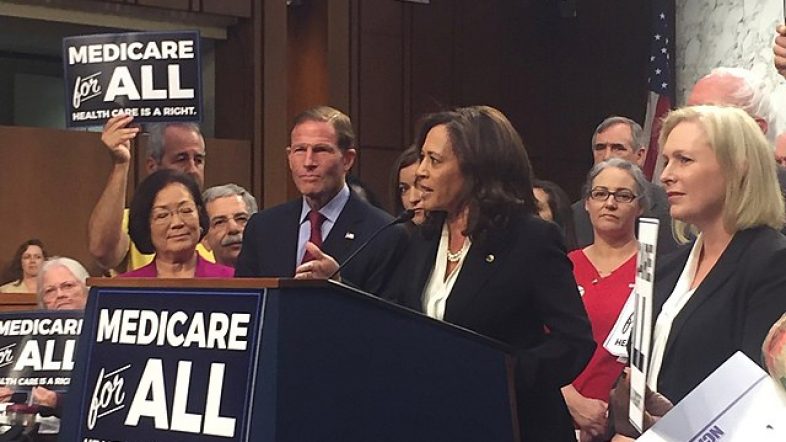Members of the House Republican Conference are divided over a proposal to fund the Department of Homeland Security (DHS) for the 2024 fiscal year, a fissure which could lead to a partial government shutdown on Friday.
Border security is a top priority for House Republicans, with many in the caucus insisting upon conservative reforms to the area as a condition for approving aid to Ukraine after having voted to impeach Homeland Security Secretary Alejandro Mayorkas for the department’s actions on the matter. House Speaker Mike Johnson on Wednesday presented the conference’s Homeland Security appropriations proposals to a closed-door meeting of members, which received varying reactions from rank-and-file members.
“You should have been in the [Republican Study Committee (RSC)] meeting for the last 45 minutes to listen to Tom Homan and Mark Morgan talk about the atrocities at the southern border, and why in the world when we continue funding at those levels, and allow those things to happen to American citizens, and say that it’s okay,” Republican Rep. Kevin Hern of Oklahoma, the chairman of the RSC, a group of 173 House Republicans who advocate conservative causes, told the Daily Caller News Foundation. “I’ve been very adamant about this: we’re doing nothing to secure our southern border, I’ll be against it,” Hern added, referring to the bill.
The text of the bill has not yet been released. However, multiple reports on Wednesday indicated that the bill would include provisions to fund the recruitment of 22,000 more U.S. Border Patrol Agents, add 8,000 more spaces in U.S. Immigration and Customs Enforcement (ICE) detention facilities and cut funding to immigration-focused non-governmental organizations (NGOs) by 20%.
While the leadership of both party caucuses support the proposal, it is unclear whether there will be enough votes to pass the bill. Republicans currently hold a two-seat majority in the House and will likely require Democratic votes to pass the bill, which were also enlisted to pass the last continuing resolution.
“Providing full funding for [DHS] without getting any policy wins, while giving more funding for Border Patrol agents and expanding the number of Border Patrol agents…that would strike me as not exactly holding the administration accountable,” Republican Rep. Chip Roy of Texas, the policy chairman of the House Freedom Caucus, told the DCNF. “I don’t see how we are giving a win for the American people.”
The caucus’ chairman, Republican Rep. Bob Good of Virginia, told the DCNF that “we shouldn’t be providing DHS with more funding.” Some members were more critical.
“It’s an embarrassment. [The bill] continues to fund a lawless Department of Homeland Security. I can’t imagine giving all this money and giving all these authorities to a man we just voted to impeach. It sends a mixed message,” Republican Rep. Matt Gaetz of Florida told the DCNF. “I think there’s a real…rich history in this town of continuing to advance too much spending that is not in line with my desire to reform the place.”
Other members, by contrast, indicated that they would support the bill amid the prospect of a government shutdown if it fails.
“I’m supporting the bill,” Republican Rep. Mike Lawler of New York told the DCNF. “It’s not giving Biden a win. I mean, there are still major issues with what Secretary Mayorkas is doing, or not doing. And so those issues persist, but we have to keep the government funded and open.”
Republican Rep. Mario Díaz-Balart of Florida took a similar position. “I don’t want to talk about something I haven’t seen, but I’m totally confident [in House Appropriations Subcommittee Chairman John Joyce] and, you know, I’ll be voting for the bill.”
Among those members who declined to take a position either for or against the proposal, preventing a government shutdown and avoiding another continuing resolution appeared to be the overriding concern. Funding for DHS is set to be combined with funding for several other government departments in a consolidated bill, according to a deal among congressional leaders announced on Feb. 28.
“There’s gonna be a lot in this bill that I’m not gonna like, I know that. And there’s gonna be a lot in this bill that I’m gonna hate. And I know that, too. But, I’m also looking at what it means to our military to [have] a continuing resolution…which doesn’t allow for adjustments,” Republican Rep. Ryan Zinke of Montana told the DCNF. “With Ukraine, we have spring coming, no plan. We have Israel on fire. We have Haiti, we have Venezuela, we have China. We have a lot on our plate and the military needs to adjust.”
“We obviously need [funding]. It’s just like saying: ‘I’m going to defund the FBI because I don’t like things that they’re doing.’ Obviously, we need the FBI to enforce laws,” Republican Rep. Rich McCormick of Georgia told the DCNF. “It’s not the department’s fault that Biden is misbehaving, but it is Biden’s fault, it is Mayorkas’ fault that they don’t uphold the law.”
DHS, along with the Departments of Defense, State, the Treasury, Labor, Health and Human Services, will shut down if a funding bill is not passed by 11:59 PM EST on Friday. The White House, the federal judiciary, the government of the District of Columbia, multiple independent agencies and the Congress will also be affected.
“It’s not perfect. It’s not undoing the Biden policies, per se. It is starting to invest in detention facilities and judges to adjudicate some of the illegals coming across the border. It’s setting the stage, financially, for the next administration to execute what would be you know, anti-Biden open border policies,” Republican Rep. Mike Garcia of California told the DCNF. “This bill certainly isn’t going to be perfect and anyone that makes the assertion that this Homeland bill is perfect, and then votes for it, is living in a different paradigm than the rest of us…The goal is to keep the government open [and] set the stage for the next administration.”
Arjun Singh on March 20, 2024


